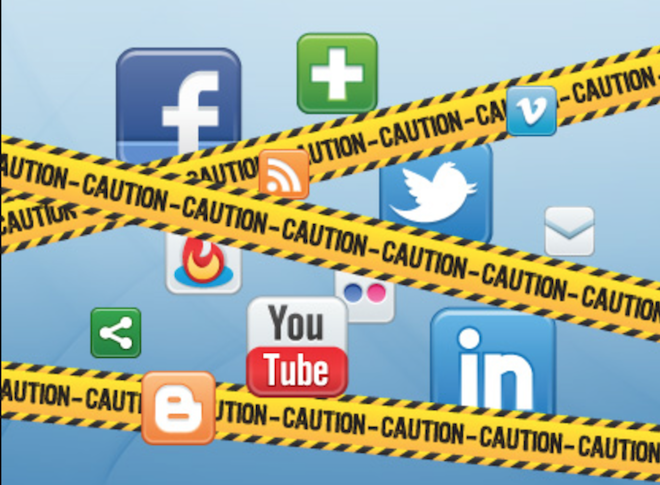How to Clean Up Your Social Media for Admissions
Over half of law school admissions officers assess applicants’ social media pages when evaluating their application.
Keeping a clean online presence is key as a law school applicant. Gabriel Kuris, founder of Top Law Coach and contributor at US News, recently offered a few tips on how applicants can clean up their online presence and keep a good image for admissions.
DO A SEARCH OF YOURSELF
The first step to cleaning up your online presence is investigating where you’re online. Kuris recommends applicants to spend an hour searching the internet and see what they find about themselves.
“There are plenty of clues to work with,” Kuris says. “For example, your resume includes your name, address, email address, school, jobs and activities. So it won’t be hard to narrow down your identity, even if you have a common name. Don’t forget to conduct an image search, browse common social media platforms and check out sites you may have commented on like YouTube and Reddit.”
CHECK YOUR PRIVACY SETTINGS
Most social media platforms give you some control as to what privacy you have. Kuris recommends deleting anything that may come across as unprofessional or deactivating any accounts that may hurt your image.
“Even if your social media accounts seem uncontroversial, it’s better to deter snoopers altogether,” Kuris says. “Change your security settings to be as private as possible to ensure that they’re not visible to strangers. Make sure your privacy check covers every base. Don’t neglect dormant social media accounts that may still be searchable years after you last used them.”
And if you’re unsure whether or not something is unprofessional or not, it’s better to err on the side of caution.
“Remember that law school is a professional school, so law schools value professionalism,” Kuris says. “Some content that may not be blameworthy, immoral or offensive might still raise a red flag. Examples of unprofessional content include sexually suggestive photos or videos, positive portrayals of drug or alcohol use, or comments or opinions about sensitive cultural topics like race, gender, sexuality and social class.”


Questions about this article? Email us or leave a comment below.